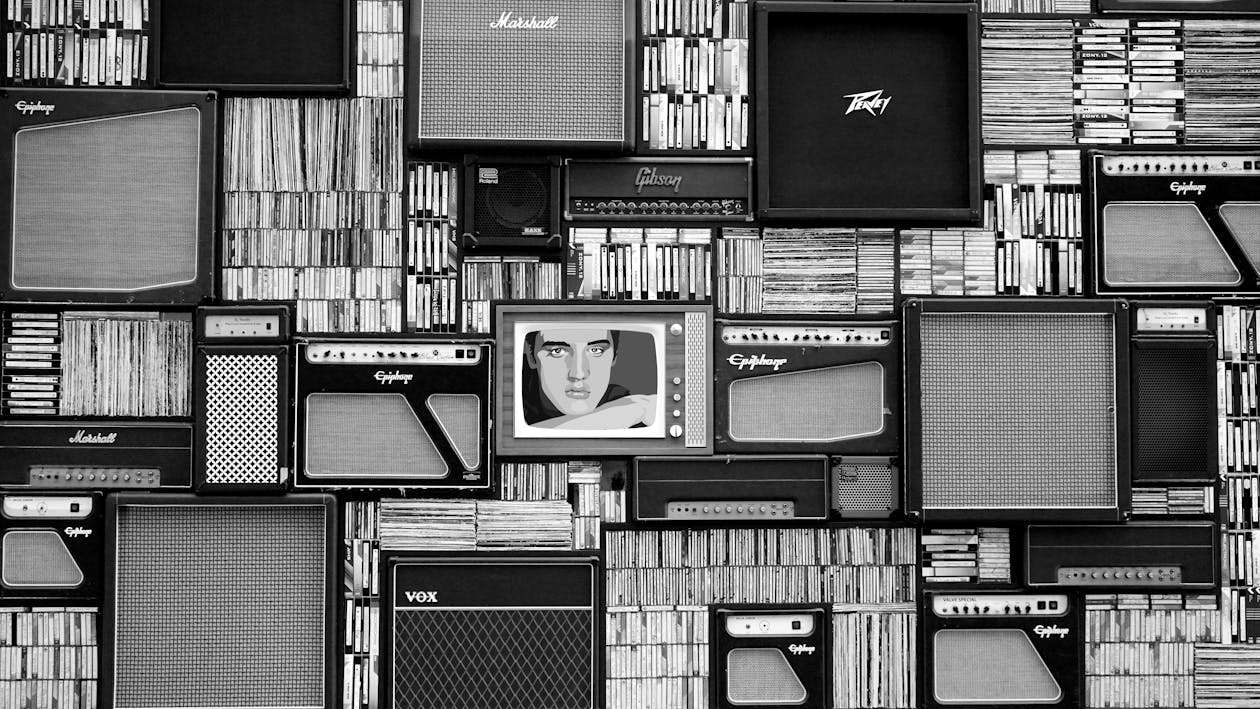Media Censorship and Freedom of Expression: A Global Overview
In today's digital age, media censorship and freedom of expression are hotly debated topics that resonate on a global scale. From government crackdowns on dissenting voices to corporate control of information, the landscape of free speech is complex and multifaceted. In this article, we explore the dynamics of media censorship and the importance of preserving freedom of expression in societies around the world.

Understanding Media Censorship
Media censorship refers to the suppression or restriction of information by governments, organizations, or other powerful entities. This suppression can take many forms, including outright bans on certain topics, manipulation of news coverage, and intimidation of journalists. While censorship is often justified on grounds of national security or public morality, it can also serve as a tool for maintaining political control and stifling dissent.
The Impact of Censorship on Society
Censorship has far-reaching implications for society, affecting not only the flow of information but also the health of democracy and the protection of human rights. When voices are silenced and dissent is suppressed, citizens are deprived of the opportunity to engage in informed debate and hold those in power accountable. Moreover, censorship can create an atmosphere of fear and self-censorship, inhibiting creativity, innovation, and social progress.
Global Perspectives on Freedom of Expression
The right to freedom of expression is enshrined in international human rights law, including the Universal Declaration of Human Rights and the International Covenant on Civil and Political Rights. However, the extent to which this right is upheld varies widely from country to country. While some nations have robust protections for free speech, others impose strict limitations on dissenting views, often under the guise of maintaining social order or protecting national interests.
Case Studies: Examples of Media Censorship
1. China's Great Firewall:
China's extensive system of internet censorship, often referred to as the Great Firewall, restricts access to a wide range of websites and platforms deemed sensitive by the government. Social media platforms such as Facebook and Twitter are blocked, and online content is heavily monitored and filtered to control the flow of information.
2. Press Freedom in Turkey:
In recent years, Turkey has faced growing concerns over press freedom, with journalists routinely facing harassment, intimidation, and imprisonment for their reporting. Government crackdowns on independent media outlets have led to widespread censorship and self-censorship, stifling public discourse and undermining democracy.
Preserving Freedom of Expression
In the face of censorship and repression, defending freedom of expression is essential for fostering open and inclusive societies. This requires not only legal protections for journalists and activists but also grassroots movements and international solidarity to push back against censorship and hold governments and corporations accountable.
Media censorship and freedom of expression are fundamental issues that lie at the heart of democratic governance and human rights. As technology continues to evolve and the global media landscape undergoes rapid transformation, it is more important than ever to safeguard the principles of free speech and ensure that diverse voices are heard. By advocating for transparency, accountability, and the protection of basic freedoms, we can work towards creating a world where information flows freely and democracy thrives.

 Cricket Score Counter
Cricket Score Counter Heads or Tails
Heads or Tails
You have not logged in, please Login to comment.